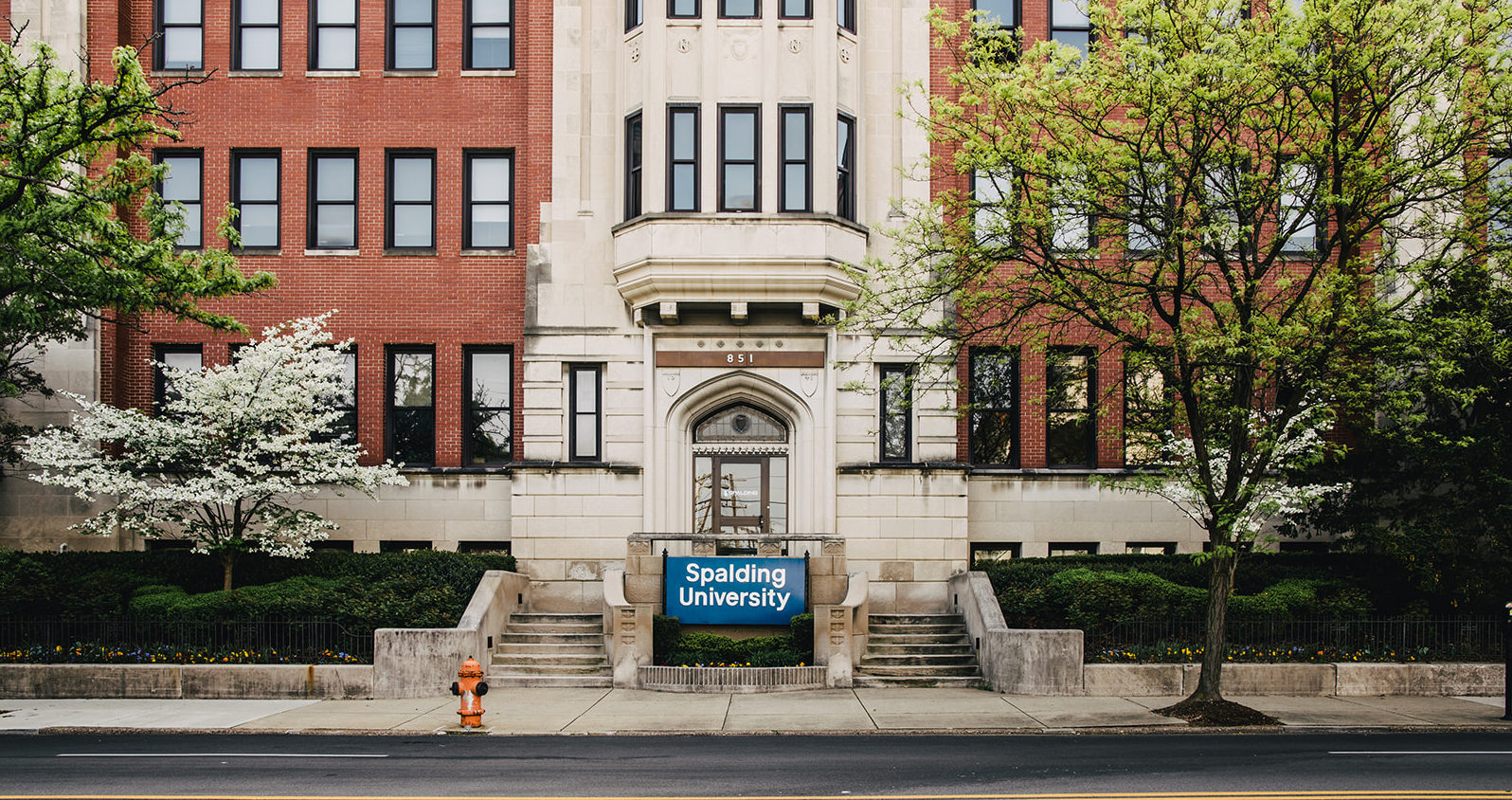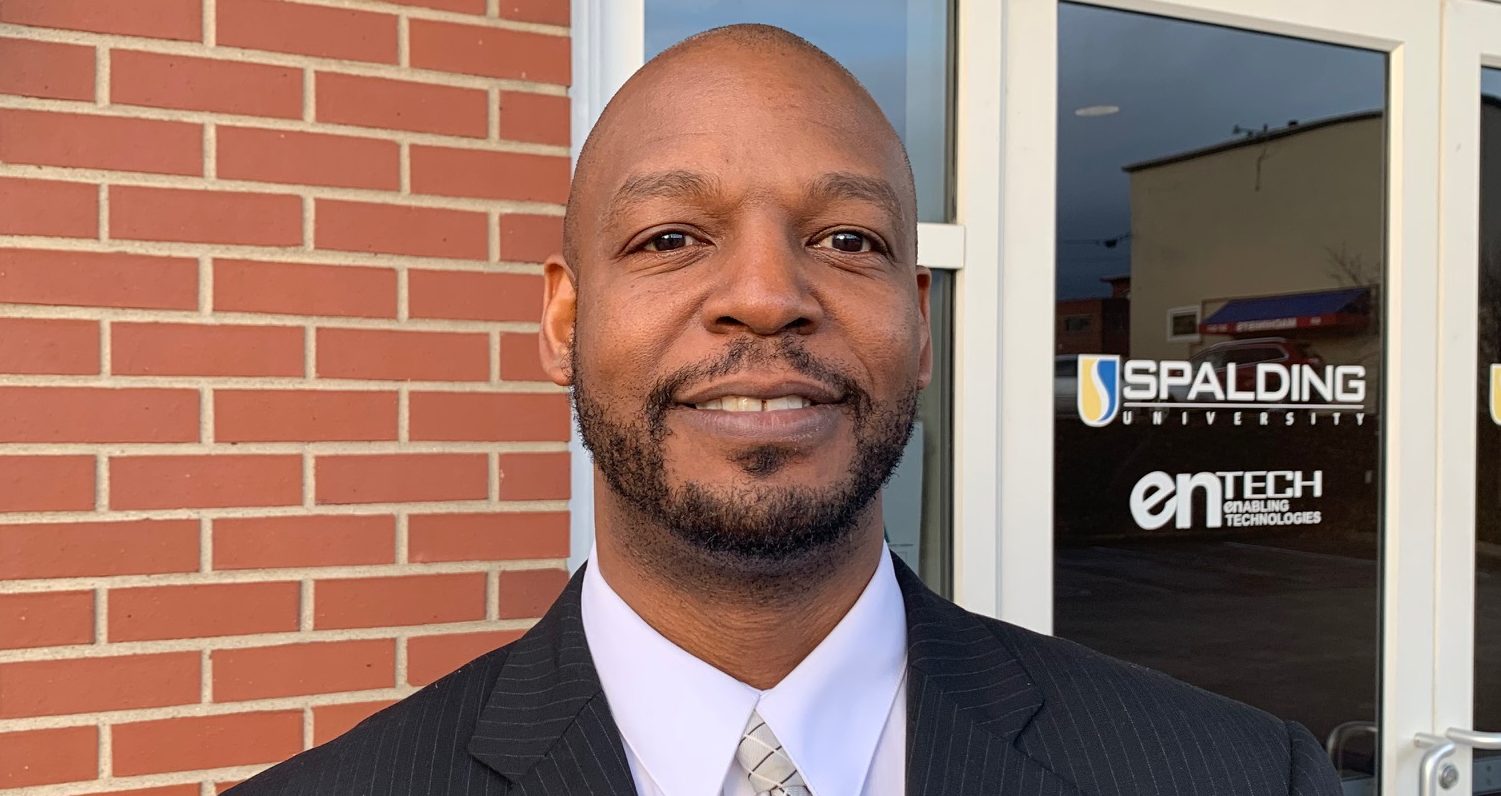
While Juneteenth has been celebrated for generations, many Americans are still unfamiliar with its history and meaning. As a greater number of government entities, organizations and institutions officially observe Juneteenth this year – it became an official Spalding University holiday in 2020 – it’s an opportunity to understand its historical and modern-day significance.
Juneteenth, or June 19, is recognized as the day in 1865 when Union Army Gen. Gordon Granger informed the enslaved African American people of Galveston, Texas, that they were free, effectively ending slavery in the United States. The Civil War had ended two months earlier, but slave owners in the Confederate territory of Texas had maintained the status quo until Granger’s arrival.
Spalding Assistant Professor of History and African American Studies Dr. Deonte Hollowell said that he would be speaking at a Juneteenth event in his hometown of Hopkinsville, Kentucky, on Saturday. At celebratory events like that, he said, it is important to have a historian/storyteller – known in African traditions as a griot – on hand to provide the attendees with the historical context of the occasion.

Spalding School of Liberal Studies Professor Dr. Deonte Hollowell.
“It’s a serious celebration,” Hollowell said. “It’s an opportunity to look back and recognize the struggles and achievements of Black people but also a chance to celebrate those accomplishments. Juneteenth should always be about a) educating yourself about those accomplishments, b) celebrating those accomplishments, c) trying to figure how to progress those accomplishments into equality for our people.
“You have to have the celebration and educational moments be a part of it. … (At a Juneteenth celebration), someone can say, ‘OK, what can we do now that we have all of these people here in one space? What can we do to get everyone on the same accord and address some of the issues we have?'”
Hollowell said White people should engage with and celebrate Juneteenth by educating themselves about the history surrounding the holiday and slavery, including acknowledging the role White people played. He said it’s an opportunity for White people to consider how they can support and racial equity, including helping educate or change the mind-sets of White relatives or friends.
Hollowell said that because the U.S. government failed to free all Black enslaved people at the same time in the 1860s, a situation has existed since then in which there has been no universally recognized day to celebrate Black emancipation.
Hollowell said he was unfamiliar with Juneteenth until he was a college student in an African American theatre class at the University of Louisville and participated in a series of Juneteenth plays.
Growing up, his family and community in Western Kentucky recognized the Eighth of August as the primary day to celebrate Black freedom.
He said important dates pertaining to Lincoln’s Emancipation Proclamation and the ratification of the 13th Amendment, which abolished slavery, are also considered appropriate days to celebrate.
“Even to this day, we find ourselves celebrating at different times,” he said. “That’s fine; I don’t have a problem with us celebrating our freedom (at any time), but it’s a little difficult when it’s not unified.”
The killings of George Floyd, Breonna Taylor and others in 2020 and national demonstrations in support of racial justice last summer led to a rise in prominence for Juneteenth, and President Biden signed a bill Friday, June 18, 2021, making Juneteenth a federal holiday to commemorate the end of slavery in the United States.
“Especially in this current racial climate, we really need to reflect and celebrate what it means to be Black,” Hollowell said. “And you can celebrate what it means to be Black even if you’re White. (For everyone to celebrate that is) what my hope is for Juneteenth.”
Juneteenth Resources
- Juneteenth 2020 programming from PBS, including an episode of the documentary series from Henry Louis Gates, titled, “The African Americans: Many Rivers to Cross”
- Juneteenth 2021 programming from PBS
- Biden Signs Law Making Juneteenth Federal Holiday, from New York Times
For those interested in books related to race and antiracism, Spalding Chief Diversity Officer Dr. Steven Kniffley suggested these:
- Beyond Ally: The Pursuit of Racial Justice, Paperback, by Dr. Maysa Akbar
- Everyday White People Confront Racial and Social Injustice: 15 Stories, Paperback, edited by Eddie Moore Jr., Marguerite W. Penick-Parks, Ali Michael
- How to Argue With a Racist: What Our Genes Do (and Don’t) Say About Human Difference, Hardcover,
by Adam Rutherford - White Rage, Paperback, by Carol Anderson
- Hate Inc.: Why Today’s Media Makes Us Despise One Another, Audible Audiobook – Unabridged, by
Matt Taibbi - White Fragility: Why It’s So Hard for White People to Talk About Racism, Paperback,
by Robin DiAngelo - Me and White Supremacy: Combat Racism, Change the World, and Become a Good Ancestor, Audible Audiobook – Unabridged, by Layla F. Saad